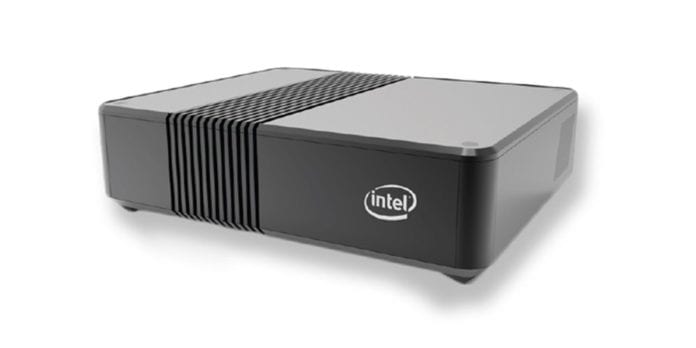The non-standalone variant of the 5G New Radio standard is set for finalization in December, an accelerated timeline agreed to earlier this year and meant to speed delivery of commercial 5G-related services like home broadband and television following a fixed wireless access deployment model. That will be followed in September 2018 by a standalone variant. And once that hits, it’s on.
To help facilitate speedy deployment, telecom stakeholders need the ability to rapidly prototype next generation systems. That’s where Intel’s 5G Mobile Trial Platform comes in. The company said this week its trial platform will support live tests and trials of standalone 5G NR in the fourth quarter of this year, which it claims is an industry first.
Asha Keddy, vice president, Client and Internet of Things Businesses and Systems Architecture, and general manager, Next Generation and Standards–that’s a title!–wrote in a company blog post, “Intel will be ready to quickly begin work with the leading telecommunications equipment manufacturers (TEMs) to make sure the radio access network and the device side successfully operate within the initial NR standard. We’ll also join with operators to take non-standalone NR out of the lab and begin testing it in real-world situations. This heightened pace of development means we’ll be able to help the industry meet ambitious targets to deploy commercial 5G services before 2020.”
In its tests of fixed wireless access in Austin, Texas, last year, AT&T used Intel’s 5G Mobile Trial Platform to prove enterprise use cases. Using spectrum in the 15 GHz and 28 GHz bands, AT&T pushed more than a gigabit per second to an Intel office to provide internet access, virtual private network connections, 4K video streaming, DirecTV and VoIP.
“5G can happen only when the network, cloud and device come together into a powerful end-to-end 5G solution,” Keddy wrote. “Indeed, 5G implementation is not a sprint, it’s a marathon. It’s safe to say that years from now – when our cars drive themselves and our smart homes make our lives easier – we’ll look back with a sense of nostalgia at our smartphones and apps that were world-changing at the time. And no doubt another new technological innovation will then be racing at us.”

